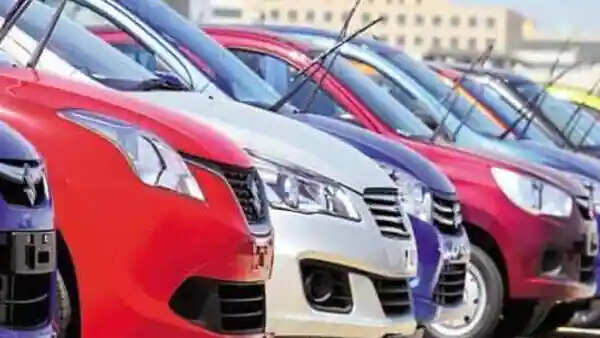
India’s top automakers in January reported a double-digit rise in sales of commercial vehicles and utility vehicles, while demand for entry-level cars remained muted.
Auto sales numbers are among the key indicators to estimate private consumption, which bears more than 50% weightage in assessing the country’s economic growth.
Utility vehicles (UV), among the fastest-growing segments, saw an almost 33% jump in sales at top carmaker Maruti Suzuki India and 66% at rival Mahindra and Mahindra.
UVs have grown popular over the last few years as compact vehicles – which were affordable before the COVID-19 pandemic – got more expensive due to chip shortages and input cost inflation. Margins are also higher for the larger and pricier UVs.
Elevated retail inflation levels, which barely eased into the upper end of the Reserve Bank of India’s target level of 6%, have hit demand in rural India, which usually accounts for the bulk of entry-level vehicle sales across segments.
Meanwhile, domestic sales at two-wheeler maker Bajaj Auto fell more than 21%, while rival TVS Motor Co reported a 3.1% increase, even as exports remained weak.
Eicher Motors, which produces the Royal Enfield brand of motorcycles, reported a 27% jump in monthly sales.
Tractors sales, which indicate demand in the rural economy and the state of farm incomes, were up almost 28% at Mahindra and about 17% at Escorts Kubota.
The commercial vehicles (CV) segment reported double-digit growth in January, with sales at Eicher and Ashok Leyland rising more than 32% each. Market leader Tata Motors, however, posted a 7.1% decline in CV sales.
“With the budget outlaying an increase in capital expenditure for infrastructure activity, CVs should continue to do well, especially medium and heavy commercial vehicles,” Mansi Lall, research analyst at Prabhudas Lilladher said.
The Indian government said in its Union budget presented earlier in the day that it would raise longer-term capital expenditure in the fiscal year 2024 to 10 trillion rupees ($122.24 billion).
Also Read:
